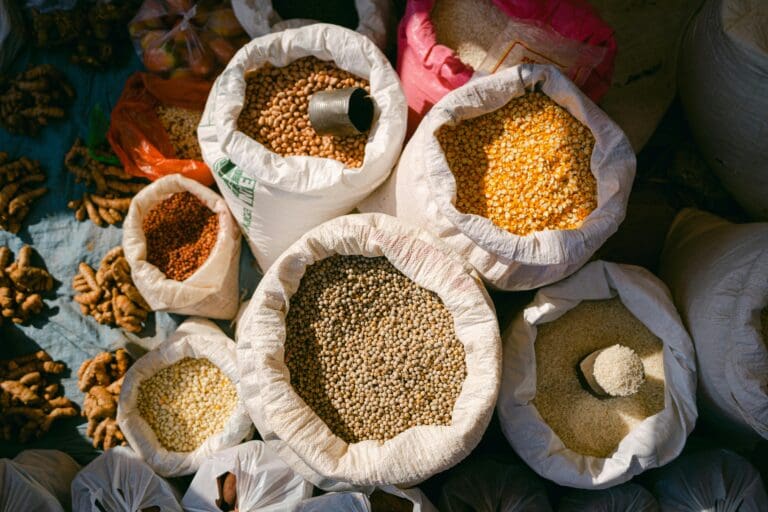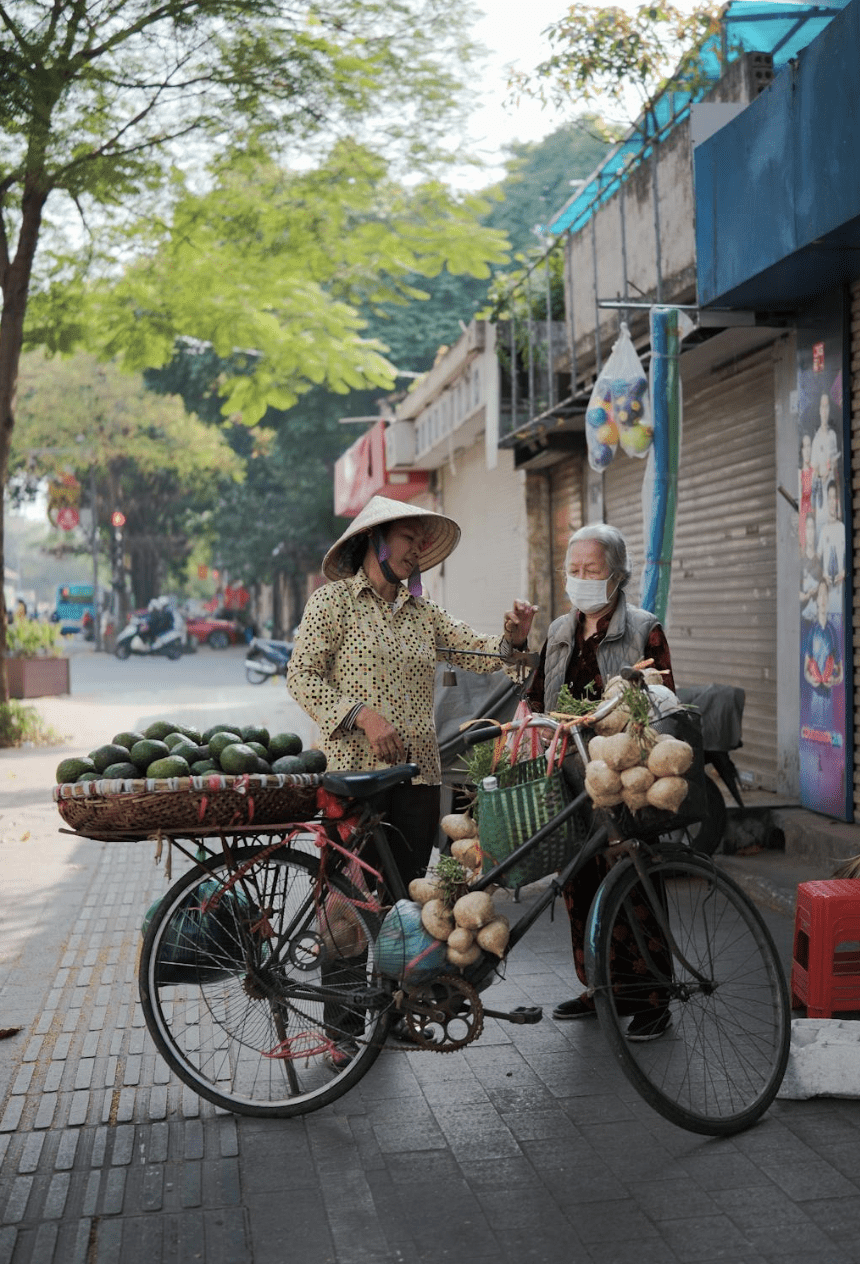World Food Day: Why food systems matter for our future
The future of food depends on ensuring security, embracing sustainable practices, reducing waste, and supporting local communities. Rethinking how food is produced, distributed, and consumed can build a more resilient and equitable system that benefits both people and the planet.
- Impact Hub Network
- Global Team
The global food system is facing significant challenges. As populations increase and the effects of climate change intensify, the need for sustainable and resilient food systems becomes increasingly critical. Issues like food insecurity, unsustainable farming methods, food waste, and the marginalisation of communities continue to hinder progress toward a future where all can thrive.
Rethinking our approach to food production, distribution, and consumption is essential for a sustainable future. By addressing these issues and collaborating on solutions, we can develop a resilient food system that benefits both people and the planet.
Food security and accessibility
Access to nutritious food is a fundamental human right, yet millions of people globally struggle with food insecurity due to factors such as poverty, conflict, and the growing impact of climate change. Food security isn’t just about availability; it also involves affordability, quality, and the consistent access to food that meets the dietary needs of individuals for an active, healthy life. Vulnerable populations, especially in low-income areas and conflict zones, are disproportionately affected. Developing food systems that ensure consistent, affordable access to nutritious options for these populations is essential.

Environmental protection
Conventional farming practices, which rely heavily on chemical inputs and unsustainable land use, have contributed to environmental degradation—deforestation, soil depletion, and water pollution being some of the major impacts. As we continue to produce food in ways that harm the planet, natural resources for future generations are compromised. Shifting to sustainable practices such as organic farming and regenerative agriculture can protect ecosystems, enhance biodiversity, and mitigate climate change. These approaches reduce reliance on non-renewable resources and ensure food production remains resilient against climate-related disruptions.
Waste prevention
Food waste is a critical global issue, with approximately one-third of all food produced either lost or wasted, intensifying hunger and environmental problems. Food is wasted at every stage of the supply chain, from post-harvest losses in agriculture to food being discarded by retailers and consumers. This waste not only depletes resources like water, energy, and labour but also contributes to greenhouse gas emissions when food rots in landfills. Fighting food waste requires systemic changes, such as improving supply chain efficiency, changing consumer habits, and adopting technologies that help redistribute surplus food to those in need.
Community empowerment
Empowering communities to take control of their local food systems fosters resilience, reduces dependency on large-scale industrial agriculture, and promotes food sovereignty. Community-led food initiatives—such as urban gardens, farmers’ cooperatives, and local food markets—enable individuals to grow and distribute food locally, strengthening their ability to withstand external disruptions like economic downturns or supply chain breakdowns. These efforts often prioritise sustainable practices, cultural preservation, and social equity, ensuring that food systems benefit the most marginalised groups. Beyond food production, these initiatives could provide education, job opportunities, and platforms for social and economic change.

Impact Hub Network: Contribution to sustainable food systems
Through our programmes and initiatives, the Impact Hub Network is working to reshape the future of food systems that prioritise well-being of communities and the environment.
The AXES programme is designed to strengthen agrifood enterprises in Colombia and Costa Rica by addressing market access challenges. The programme focuses on supporting enterprises involved in deforestation-free or sustainable supply chains, enabling them to reach new customers, secure better prices, and attract investment. This initiative is in collaboration with Argidius and AL-INVEST Verde.
Impact Hub Amsterdam’s Sustainable Food Ecosystem drives innovation in food production and consumption by connecting entrepreneurs, experts, and organisations committed to sustainability. It facilitates collaboration to address key challenges like food security, waste reduction, and regenerative agriculture. The initiative promotes a circular, inclusive, and healthy food system, supporting projects that create positive environmental and social impact.
Unleash your impact potential today
Join our free global membership for the latest news, resources, and inspiring stories of entrepreneurial impact. Sign up now and ignite your journey towards making a difference.
You also might like

World Food Day: Why food systems matter for our future
World Food Day: Why food systems matter for our future

Beyond the numbers: Celebrating the Makers who drive impact
Beyond the numbers: Celebrating the Makers who drive impact

